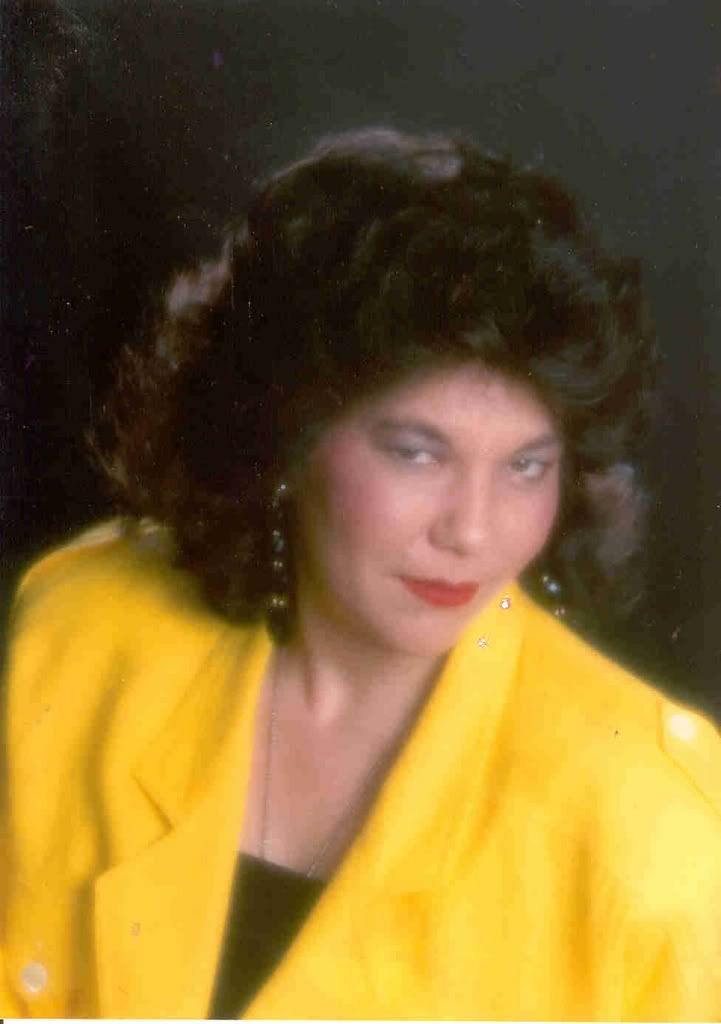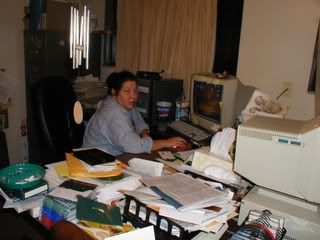 As you can tell from the time of this posting, the day has slipped away from me. Most often, I'm lost in my works in progress. My children used to say, "Don't mind her, she's lost in Sri Lanka, Belize, or London." Those are good days in writing. When you are so involved with the writing that nothing else interferes with the work to be done.
As you can tell from the time of this posting, the day has slipped away from me. Most often, I'm lost in my works in progress. My children used to say, "Don't mind her, she's lost in Sri Lanka, Belize, or London." Those are good days in writing. When you are so involved with the writing that nothing else interferes with the work to be done.
Then there are the days when nothing clicks while writing. Or at least trying to write. Those are the bad days. You try to think of dialogs between characters and you draw a blank. You know some of these characters better than some of your family members. They talk to you. You dream about them. You put them in jeopardy and get them out. You know every thought and deed...but they remain quietly in the background. Not uttering a peep.  This is my version of writer's block. Or as this writer "affectionally" calls it, the writer's blah's. You struggle to break through it with every trick in the book.
This is my version of writer's block. Or as this writer "affectionally" calls it, the writer's blah's. You struggle to break through it with every trick in the book.
For some writers it's a simple avoidance issue, or last minute crunch time issues. Way back in the dark ages when you were in school, you might have run into this a lot. An assignment was assigned last week and you waited until the night before it was due to write it. You had better things to do with your time than sit and write, especially if the project came from the hated Miss/Mrs/Mr (insert name here). You know how to fix this one. Don't put off til tomorrow what you can do today. You may not want to but sometimes ya gotta just do it.

Sometimes, it's too many distractions. You long to be left alone and in quiet so you can focus. In this writer's case, this is the normally the reason behind a block. You finally get that one critical piece of writing sorted out, then someone will interrupt you, have to be somewhere, or come over. It's maddening. (Insert your own distraction here). This one is not so easy to fix because it depends on other people cooperating with you. The easiest way this writer found to combat this issue was to schedule writing time when other people are asleep...usually about 2 AM. This is probably not the best solution for all, but it works for me. At other times, you can set an alarm clock and say, "I'll write from X time to X time." The reason for the alarm clock is in case you get lost in (insert writing locale here).
Still other times, it's not knowing where to start. This is another easy fix. Write one word on a

piece of paper. Does it look lonely to you? Use that word in a sentence. Now use that sentence in a paragraph. Now write another paragraph. Who cares if all the "t"s aren't crossed and "i" aren't dotted. Just write. You can always go back and edit. Don't be so self-critical. No one is going to see the first draft unless you let them see it. Congratulations, you've broken through the block of knowing where to start.
When you throw up your hands and go, "I have no idea where to go next with this story. It's just not working."Now, brainstorm your story or article, write it in bits and pieces, start some place exciting then fill in the rest. You had to have had some reason behind what you are writing. Write something else to get the creative juices flowing...this writer uses this blog for that purpose. This is another tip that this writer uses constantly. Once someting has a general direction you don't have to worry about what the next step is. It's something tangible that you can look to.

You will find that once the juices going it's hard to stop. You keep writing and writing until... you fall down in exhaustion or become physically ill. Neither one helps writer's block. It is important to stop and recharge your batteries. It is difficult writing a flaming romantic scene while you are snuffling and running a different type of fever. (For most normal people romance is the farthest thing on their mind while sick). When your body goes into revolt to get your attention, you're not doing something right. Falling asleep on your keyboard is an indicator that you need to go on to bed and start again in the morning. This writer has been guilty of this from time to time.
So which kind of writer's blahs do you have and how are you going to fix it?



























































